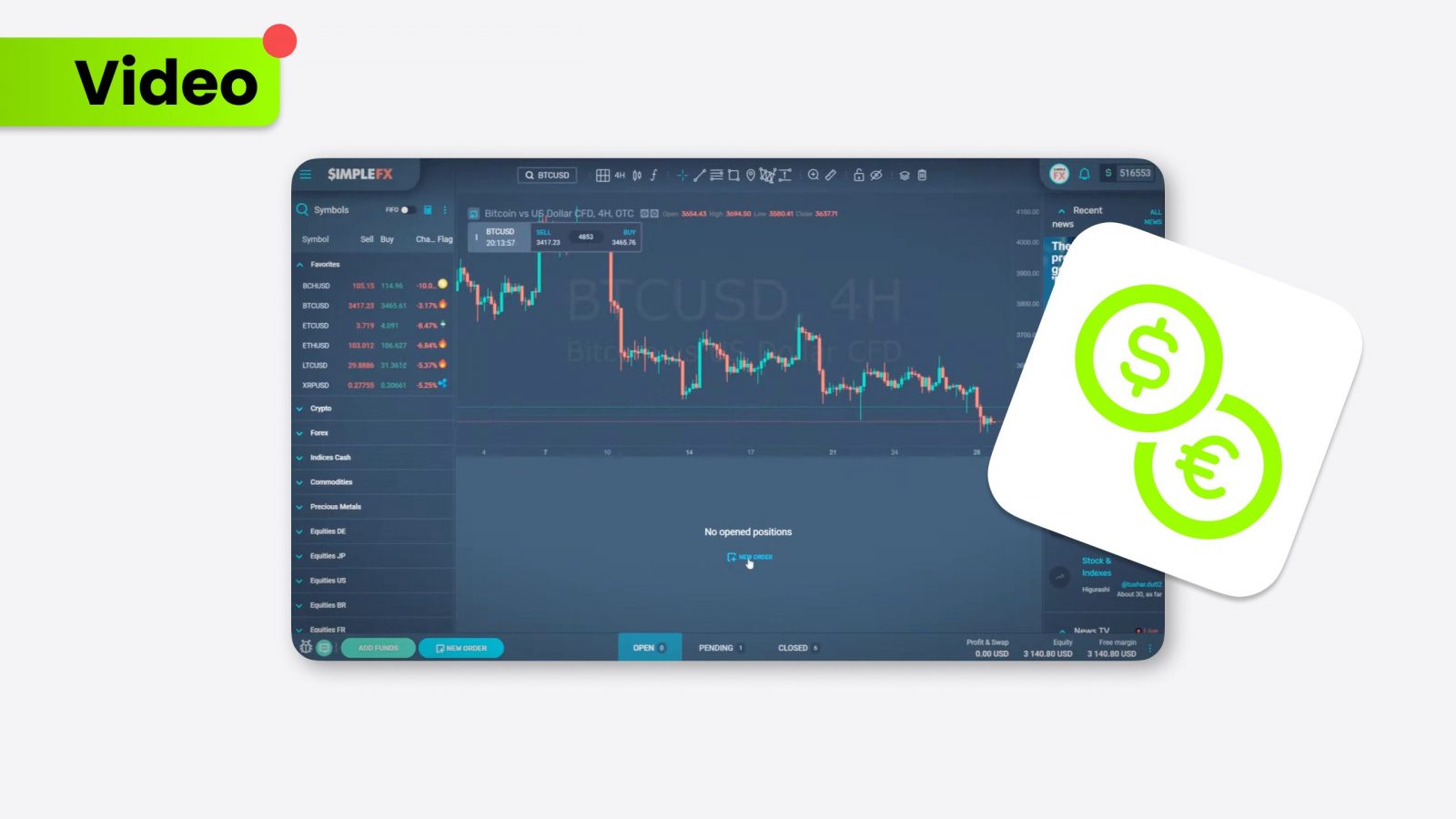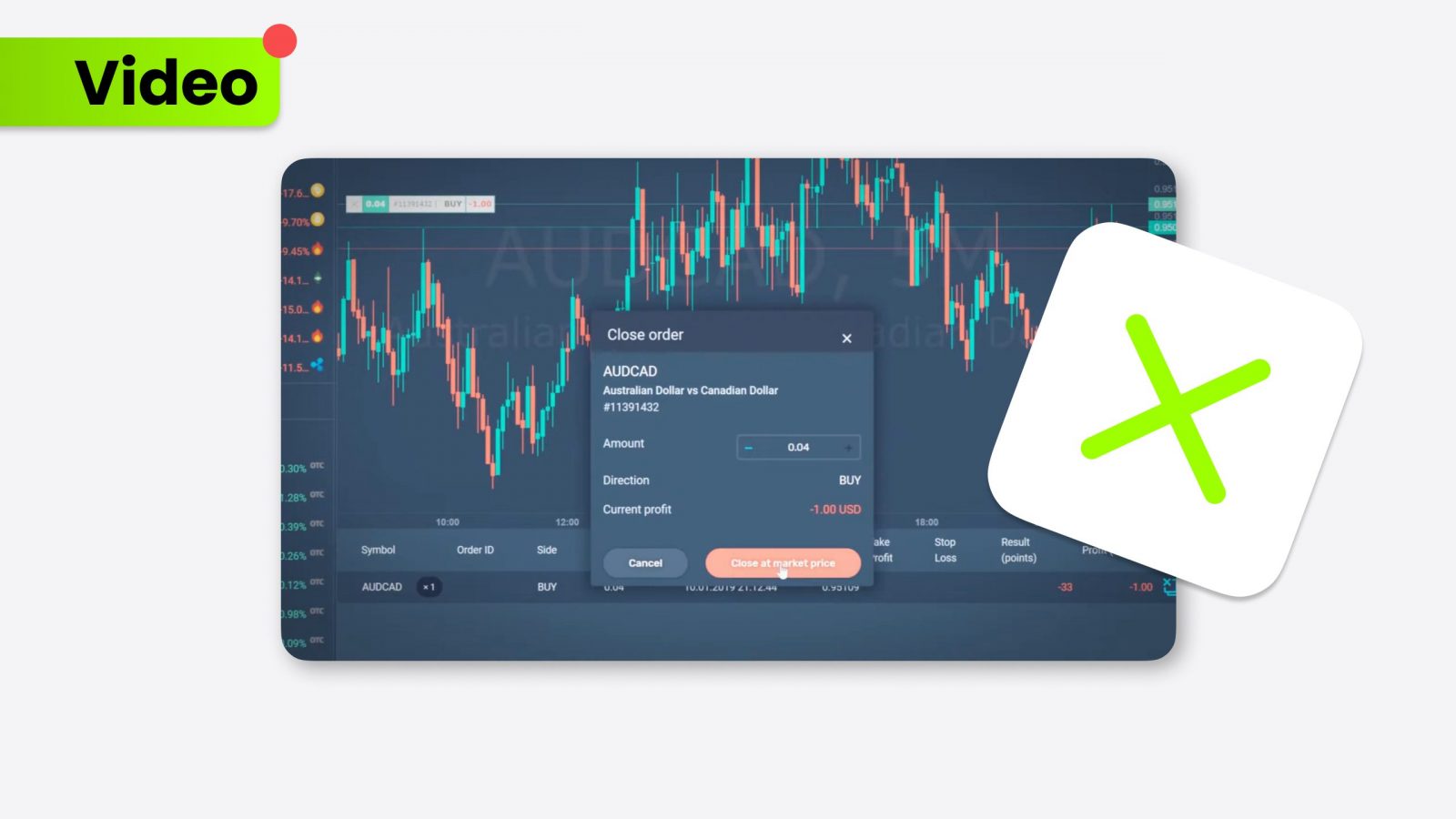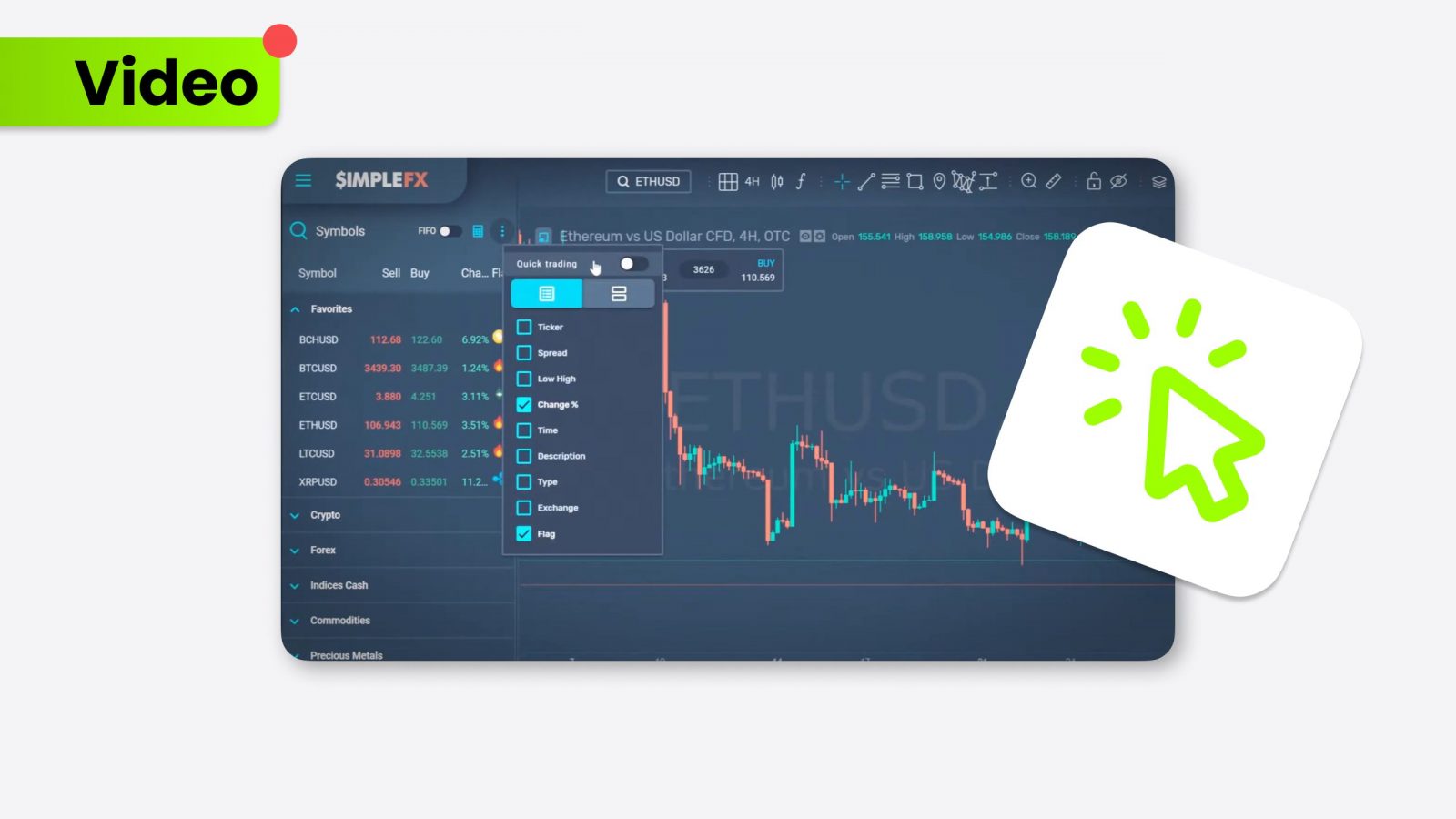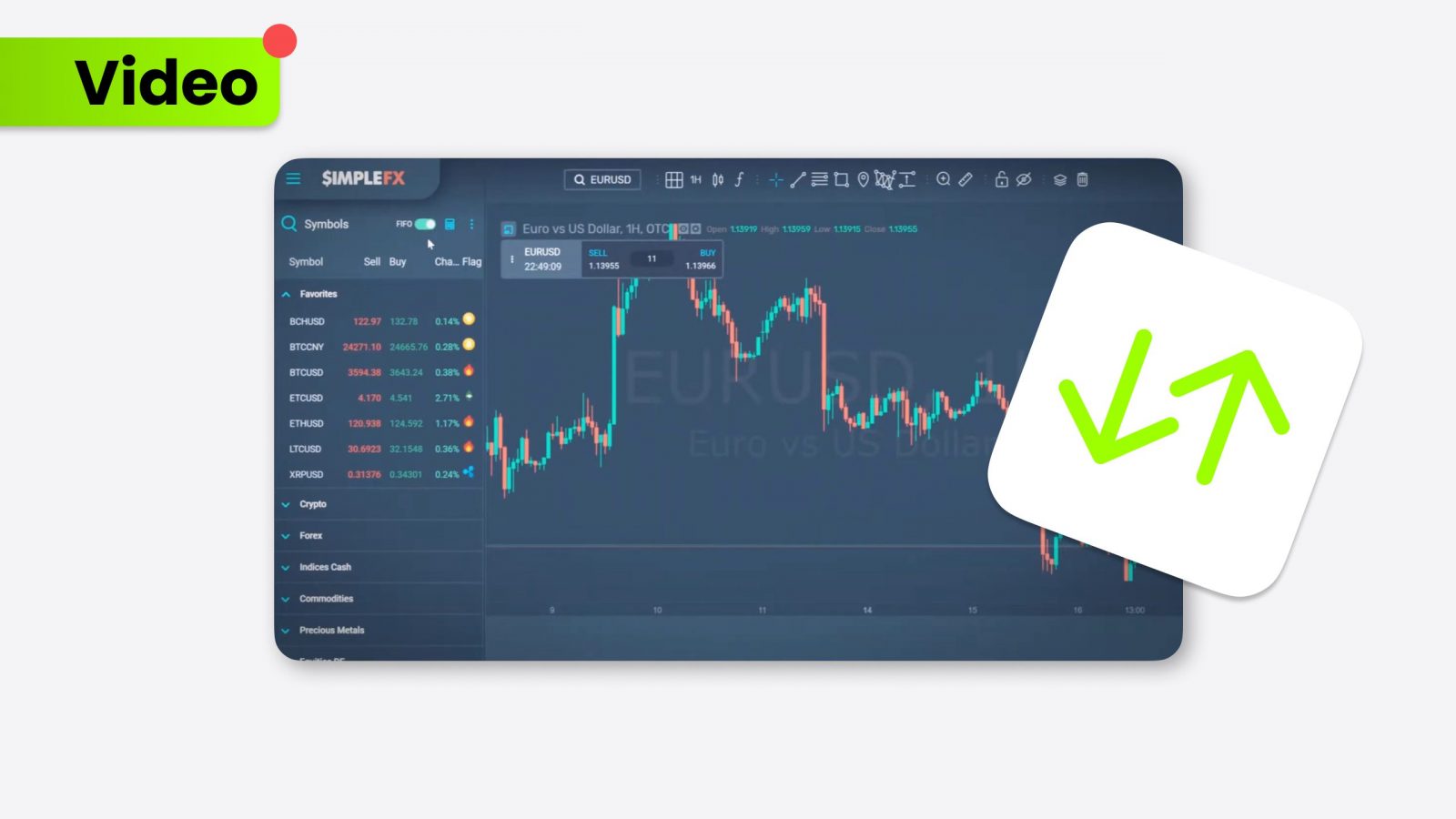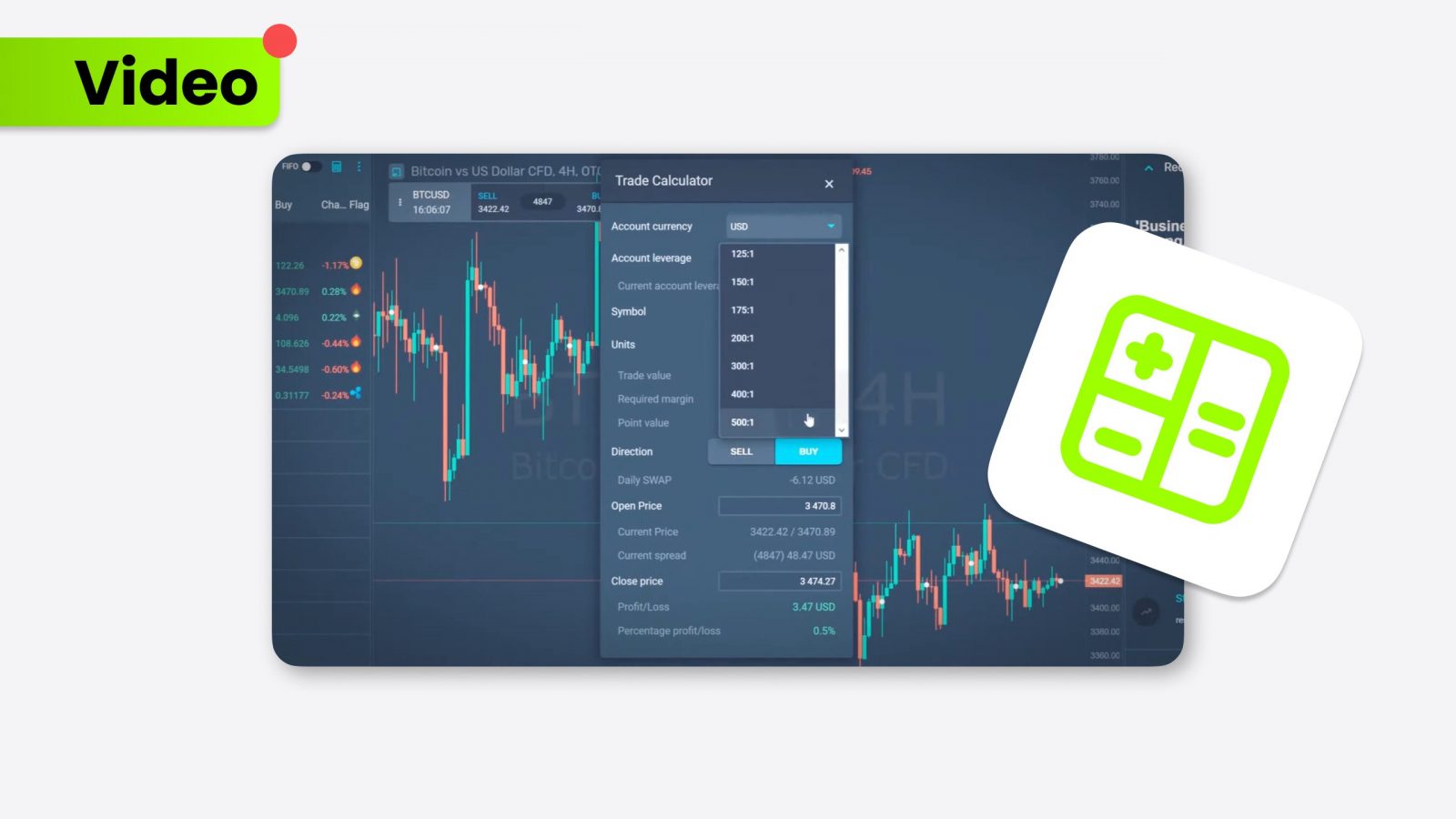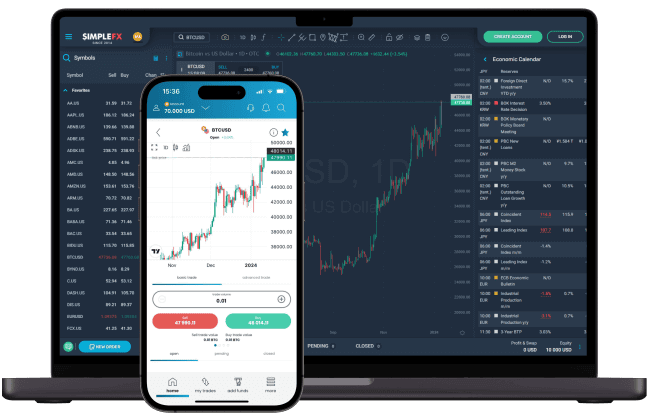The differences between CNH and CNY should be known for traders interested in the Far Eastern market, especially in the context of USDCNH trading.
Bullet points:
- CNH (Chinese Offshore Yuan) operates with freely floating exchange rates in contrast to CNY (Chinese Onshore Yuan), which is tightly controlled by the People’s Bank of China.
- The USDCNH currency pair often exhibits a distinct exchange rate from CNY. This is primarily due to the onshore Yuan’s sensitivity to Mainland China’s economic policies, a factor that traders should be aware of.
How much is 1 Yuan in U.S. Dollars?
In order to answer this question, traders have to identify the proper currency. There are two Renminbis, commonly known as Yuans. CNY is the Chinese Yuan dedicated to the onshore market, and CNH is the Chinese Yuan traded in the offshore market. It is worth mentioning that offshore and onshore currencies can be exchanged at a ratio of 1:1, even though these currencies are not the same. Yet, when traders convert them to different currencies, for example, USDCNH, the exchange rate will differ.
The Far Eastern market presents multiple potential assets that are available in the SimpleFX platform. Traders have a chance to invest in Japanese equities and several currency pairs connected to China and Hong Kong, as well as several currency pairs containing Japanese Yen, such as USD to JPY. Before that, every novice investor should keep tabs on forex basics to avoid making common mistakes.
Chinese Offshore Yuan vs CNY
Comparing the Chinese Offshore Yuan to CNY can be tricky. On one hand, CNH exchanges to CNY at a ratio of 1:1, as both currencies are used in China and controlled by the Chinese government. So why does USDCNH differ from its mainland equivalent?
The People’s Bank of China controls the CNY rate and its fluctuations. The maximum variation of its value is up to 2%. Except for PBOC, the currency is regulated by the State Administration of Foreign Exchange (SAFE). Only residents of Mainland China can explore onshore CNY, as its name suggests. The government restricts CNY trading.
When it comes to the Chinese Offshore Yuan, its exchange rate freely floats regarding the market. It is not regulated by the Chinese government but by the Hong Kong Monetary Authority, which also keeps tabs on USDHKD. Moreover, USDCNH can be traded with no restrictions, and everyone – even certain residents of Mainland China – can explore the CNH market.
China currency: USD and trading with China
So, how does this information affect China, currency, USD, and trade between these two powerhouses?
We will leave trade wars for a moment and focus on currency pairs. It is pretty obvious that to trade internationally; investors use pairs containing CNH – Chinese Offshore Yuan. Its exchange rate almost always differs from CNY when converting into a foreign currency, usually the U.S. Dollar. Why is that?
The tight relationship between the two Chinese Yuans works mostly in one way. With PBOC’s control on CNY, Mainland China impacts CNH with a little delay. It only works one way – international affairs hardly ever influence the Onshore Yuan due to its high dependence on the government. That’s why the Chinese Offshore Yuan is usually weaker than its mainland counterpart.
Conclusion: Chinese currency and USD
The Chinese currency and USD dynamics, particularly through the USDCNH trading pair, present a complex interplay of regulatory frameworks and market freedoms. The offshore Yuan (CNH) typically exhibits more volatility compared to the onshore Yuan (CNY), primarily due to its less restricted trading environment. This difference is crucial for traders and investors who engage with international forex platforms, such as SimpleFX, to optimize their strategies in this volatile ecosystem. The Chinese government’s control over CNY contrasts sharply with the relative freedom of CNH. Nevertheless, the PBOC’s decisions regarding the onshore currency indirectly influence the offshore Yuan.









































